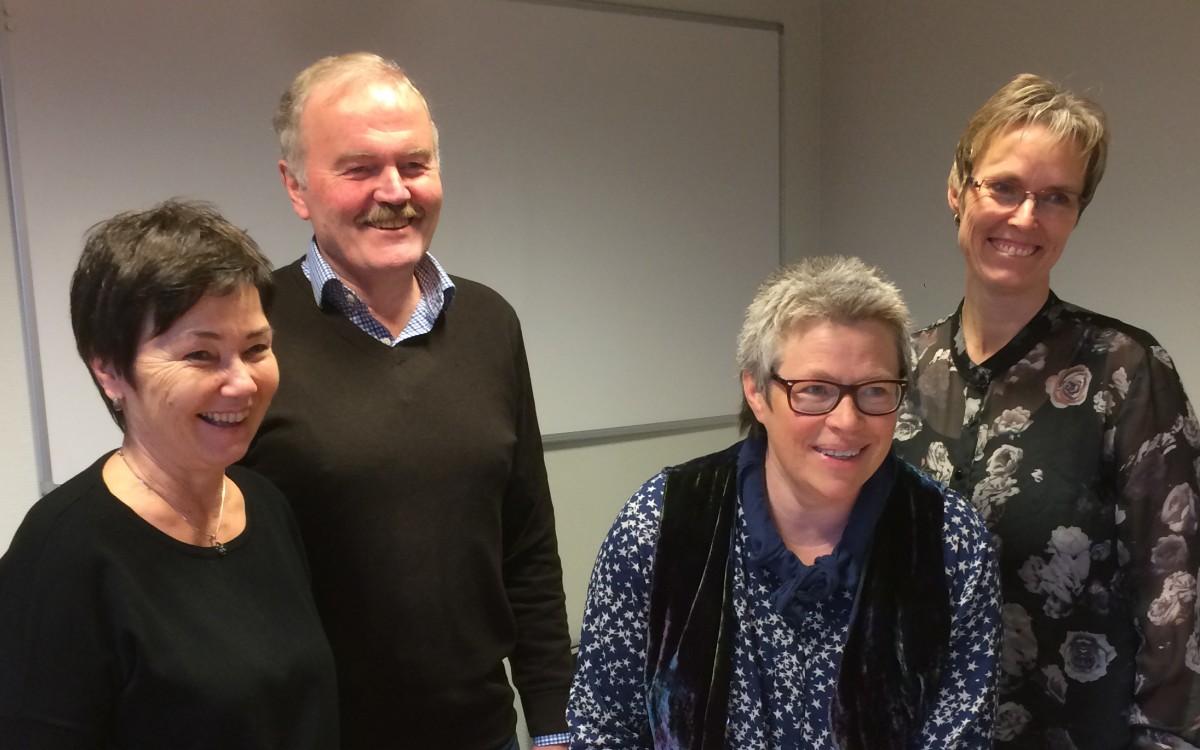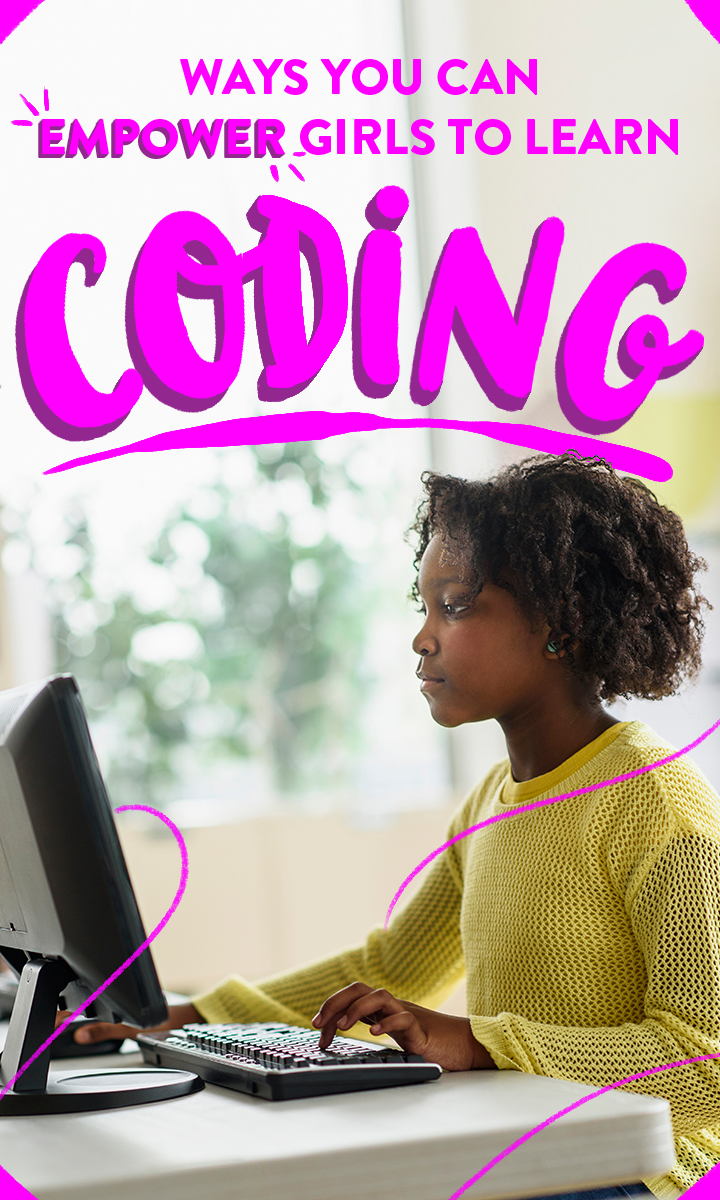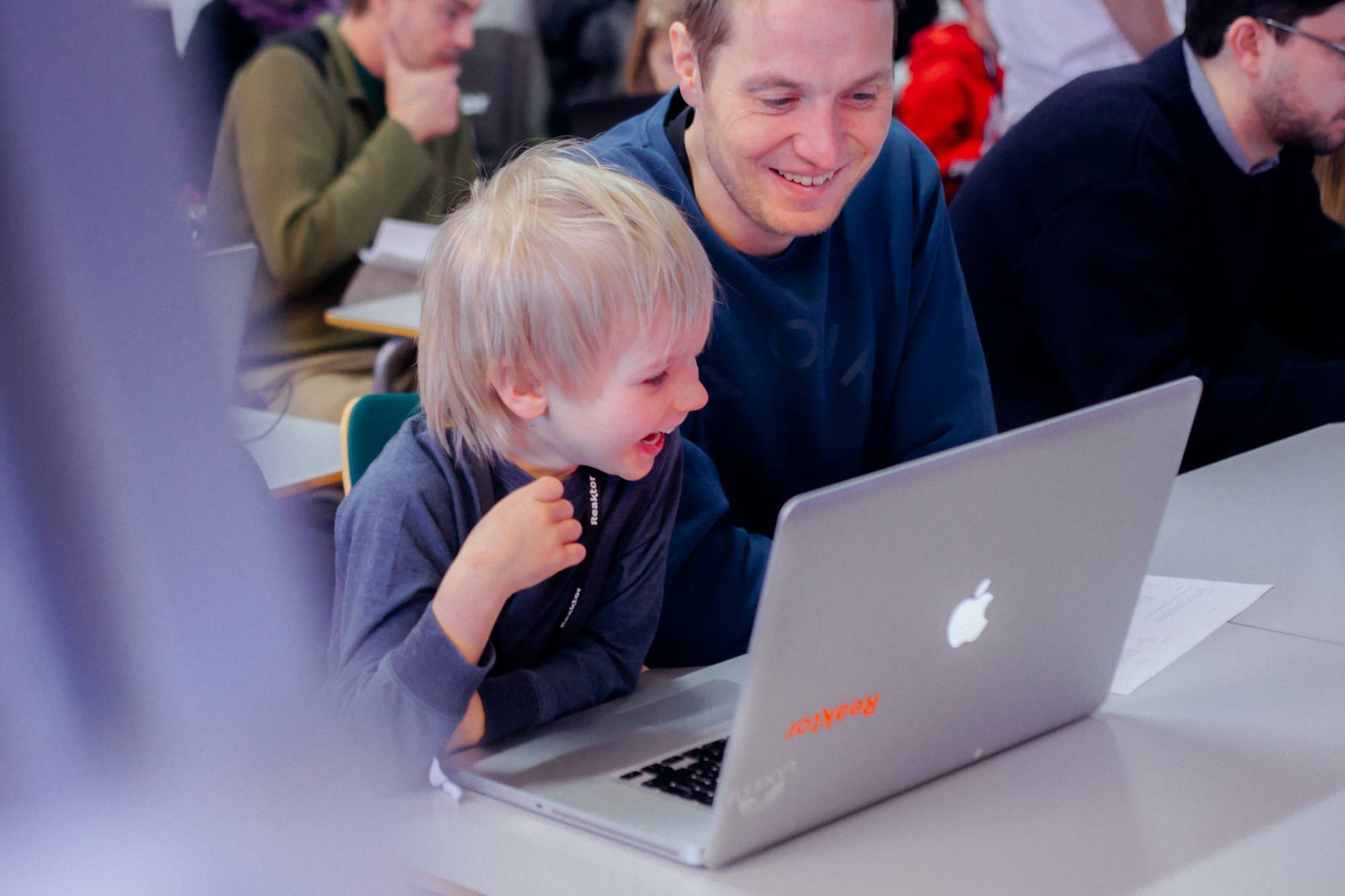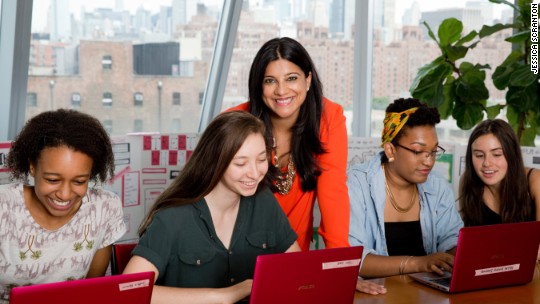 Kids Code in a Rural Village in Norway: Could Code Clubs be a New Arena for Increasing Girls’ Digital Interest and Competence?, in Information, Communication & Society, 19:1, 95-110, DOI: 10.1080/1369118X.2015.1093529
Kids Code in a Rural Village in Norway: Could Code Clubs be a New Arena for Increasing Girls’ Digital Interest and Competence?, in Information, Communication & Society, 19:1, 95-110, DOI: 10.1080/1369118X.2015.1093529
I published this article together with Lin Prøitz in 2015, and it is now available from ICS and in a postprint version at ResearchGate: https://bit.ly/2HNg5I0
Abstract
A trend, where voluntary groups teach children and youth basic computer coding skills, has spread throughout the world. After-school clubs invite children to create games in visual programming environments. The activities emphasize play, while teaching principles of computer science. We explore this phenomenon based on observations and interviews at a code club in Norway, asking whether coding represents an important skill for children and how it is distributed to include all children. We find that coding through play activity is perceived as teaching more than simply the technical skills of programming. Although the fun aspect draws in children and volunteers, parents and instructors describe the code club as being about learning to understand and control the computer, and digital competence required for achieving success in society. The Code Club is described partly as being a ‘necessity for becoming a good/efficient/empowered citizen in our digital society’, and partly as ‘children are playing with computers anyway’. These arguments have different consequences for the gender imbalance at the Code Club. Our findings suggest that the code clubs need an explicit recruitment strategy targeting girls in order to become an arena where girls can develop interest and competence in digital technologies.
Read the full article.
This topic has unfortunately only become more relevant and it is urgent to discuss the low proportion of girls participating in programming. In about two weeks I will have a new article out on programming for youth, this time about programming in secondary schools in Norway (together with Fay Tveranger).





